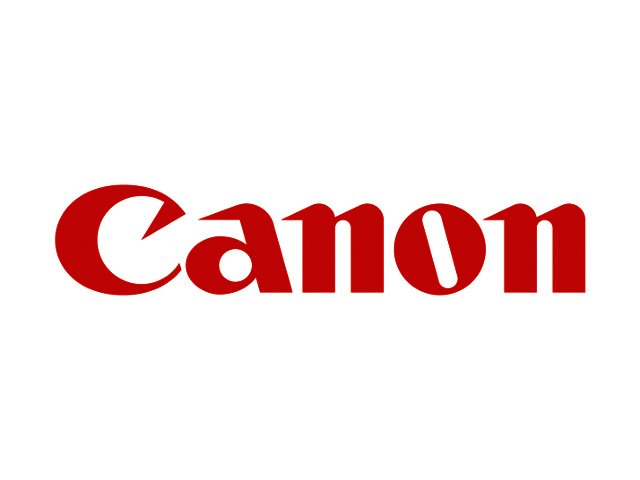The channel industry has seen more disruption the last year than it has in the last few decades combined. As businesses look ahead to 2020, that rate of change has only intensified. The technology industry is moving faster than ever before and as a result, the channel is having to work hard to keep up.
It’s easy to forget that with every industry transformation, there is a knock-on effect on the related markets. But, with the evolution of the technology industry we are seeing unprecedented changes in the channel sector, requiring market players to totally rethink their proposition and how they deliver it. For partners who aren’t prepared or equipped to change, the next wave of transformation may well be a devastating blow.
So, what’s coming? What should the channel expect? And, how can they prepare? The honest answer is nothing strikingly new. Just trends which have already disrupted countless other industries. But knowing about these trends will give a clearer idea of how the channel can prepare for and make the most of the challenges that lie ahead.
Will millennials kill the channel?
There is a seemingly endless list of things that millennials have killed. The high street, marriage, the 9-to-5 workday, even mayonnaise (?)[1]. But it doesn’t look like it will stop there. Industry experts believe that millennials will also kill the channel.
By 2016, almost three quarters[2] of millennials were involved in product or service purchasing decisions at their workplace, while nearly a third said they were the standalone decision-maker for their department. As the majority of millennials prefer to do their own research and have direct contact with vendors, this means the channel needs to transform to get involved.
The channel is also feeling the pinch from a lack of millennials entering careers in the industry. Just under half[3] of partner owners and principals retired in 2017 and there just weren’t enough millennials there willing to replace them. In particular, businesses focused on client or server management, hardware sales and break-fix seem to be struggling to attract the next generation. While it’s crucial the channel takes steps to engage with a millennial audience, this urgency is tenfold when we consider that Gen Z is now nipping at their heels.
That said, there is still hope. When making a purchase decision, millennials look for companies which make doing business easy, work collaboratively and have strong industry and marketplace experience [4]. All attributes that fall right into the channel’s remit. Acting as a true partner by providing services, guidance and expertise will remain an invaluable asset to the IT decision makers of the future.
The everything-as-a-service movement
It’s this everything-as-a-service movement which is driving the channel opportunity. The service economy has radically altered the state of play for every industry. Customers don’t want to buy products that they will have to maintain themselves, they want to buy services that address their needs. The channel industry is no exception. Selling technology solutions alone just won’t make the cut anymore.
Increasingly we are seeing the channel deriving and providing value by developing their offering to include services such as back-end integrations, security, back up and disaster recovery. By identifying customers' needs and how they leverage technology they are enabling them to overcome their unique IT challenges.
Even more crucial is the personal service being provided. There is a shift from just supporting technology, to supporting customers in meeting business objectives. Businesses are investing in IT partners who understand their goals and continually work to ensure that the right technology solutions are in place to achieve them. The easiest way for channel partners to do this, is by adopting a customer driven KPI model.
Differentiation by specialisation
With this newfound focus on services, customers want solution providers to be more specialised. Partners are expected to home in on the areas which they excel in and focus their offerings to better support businesses. For example, Amazon Web Services has seen its channel programme double in size each year for the past three years, as a result of hyper-specialisation. They have created over 100 specialties – including new line-of-business (LOB) buyers, geographic nuances and tech stack layers – for its 50,000 partners, meaning that they can deliver a much more in-depth, tailored offering[5]. This level of differentiation can help traditional partners stand out. In an increasingly competitive channel space, we will continue to see a high demand for companies which specialise in engaging with and influencing businesses about various technology solutions.
So, what are the key takeaways for partners wanting to be successful in a turbulent and dynamic industry?
- Be ready to ride the wave of change. Partner organisations are transforming from within and its important that as a business you take the necessary steps to ensure your business can attract the best talent (experts and advisors) and put itself in a position to serve customers with a competitive proposition.
- Make sure you understand your customers. This demographic of IT decision makers is looking for a seamless IT experience. That means taking away the burden of integration, management and upkeep and delivering a service that just works. To do this, you have to understand their business and the solutions you are offering on a granular level.
- Pick a specialty that plays to your strengths. If you have strong financial knowledge, are an expert in mobility and apps or understand what drives a small business, then focus on that. It will make you an invaluable resource.
While none of this is strikingly new, it does require a continued cultural shift to becoming a true partner. The result of this will offer the channel far more avenues for generating revenue as it weaves itself further into the fabric of customer organisations.





